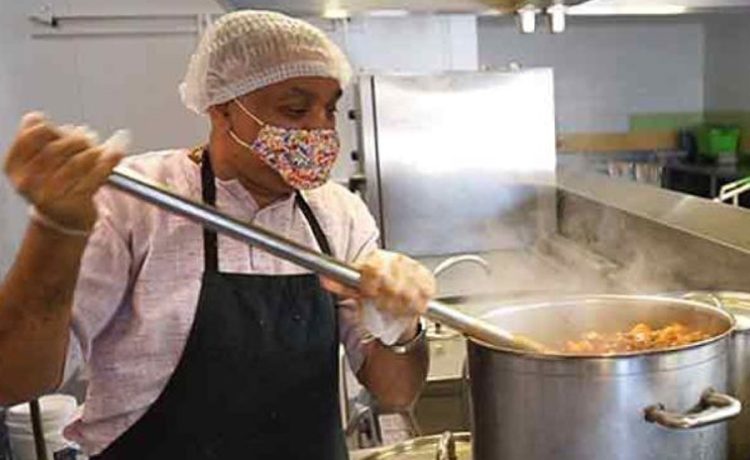In recent years, Melbourne has faced a growing challenge: the increasing demand for food relief. As more individuals and families find themselves struggling to afford basic necessities, the city’s collective response has become a beacon of hope. Melbourne’s fight against hunger is more than just about distributing food; it’s about strengthening communities and creating a support system that uplifts those in need.
Community-Driven Solutions to Food Insecurity
Amid the rising need, grassroots efforts and local initiatives have emerged across Melbourne, focusing on community-driven solutions to alleviate food insecurity. In neighbourhoods throughout the city, people are coming together to provide practical support and compassion. These local initiatives are often led by concerned citizens who recognise the importance of addressing the issue at its core and helping those in their immediate area.
The heart of these efforts lies in neighbourhoods banding together to ensure that everyone has access to nutritious food. Whether through organised meal-sharing, food banks, or informal networks that collect and distribute donated groceries, the response is both diverse and effective. It’s common to see communities hosting pop-up food stalls or sharing excess produce from local gardens to ensure that nothing goes to waste. The emphasis is not just on feeding people but on fostering a culture of care, where no one is left behind, and each contribution — big or small — makes a meaningful difference.
The Impact of Food Relief on Individuals and Families
For many, food relief is a lifeline that extends beyond merely addressing hunger. It provides a sense of security and stability in times of uncertainty, allowing individuals to focus on other aspects of their lives. Those who receive assistance often express how much it means to have a reliable source of support, even if it’s temporary. Knowing that help is available can alleviate the stress and anxiety associated with food insecurity, enabling people to regain a sense of control.
Beyond the immediate benefit of food, these efforts play a significant role in enhancing overall wellbeing. The support provided through food relief programs can have a ripple effect, contributing to improved mental health and social inclusion. People who might otherwise feel isolated due to their circumstances are reminded that their community cares about them, helping to break down the stigma often associated with seeking help. It’s not just about providing sustenance; it’s about reaffirming a sense of dignity and belonging for everyone involved.
The Role of Volunteers and Donors in Making a Difference
Volunteers and donors are at the core of Melbourne’s fight against hunger. Their dedication and contributions make it possible to keep food relief Melbourne services running, despite the growing demand. Volunteers often share how the experience has opened their eyes to the depth of need in their own city and has allowed them to form connections with others they might never have met otherwise. Many find it deeply rewarding to give their time, whether it’s by sorting food, organising distribution, or simply offering a friendly chat to someone who needs it.
Donors, too, play a crucial part by providing the resources needed to sustain these initiatives. Whether it’s through financial support, food donations, or offering space for food distribution, each act of giving helps maintain the momentum of community resilience. The collective effort of volunteers and donors not only keeps the services operational but also instils a sense of shared responsibility for the wellbeing of all Melburnians.
The resilience of Melbourne’s communities in the face of food insecurity highlights the power of collective action. When people come together to support one another, they create a stronger, more connected society where everyone has the opportunity to thrive. Tackling hunger is not just about providing meals; it’s about building a network of care that acknowledges the value of every individual.
As the fight against hunger continues, community resilience will remain a key factor in addressing this challenge. By participating in local food relief efforts — whether by volunteering, donating, or simply spreading awareness — you can contribute to a brighter future for all. Together, we can ensure that Melbourne remains a city where no one goes hungry.













